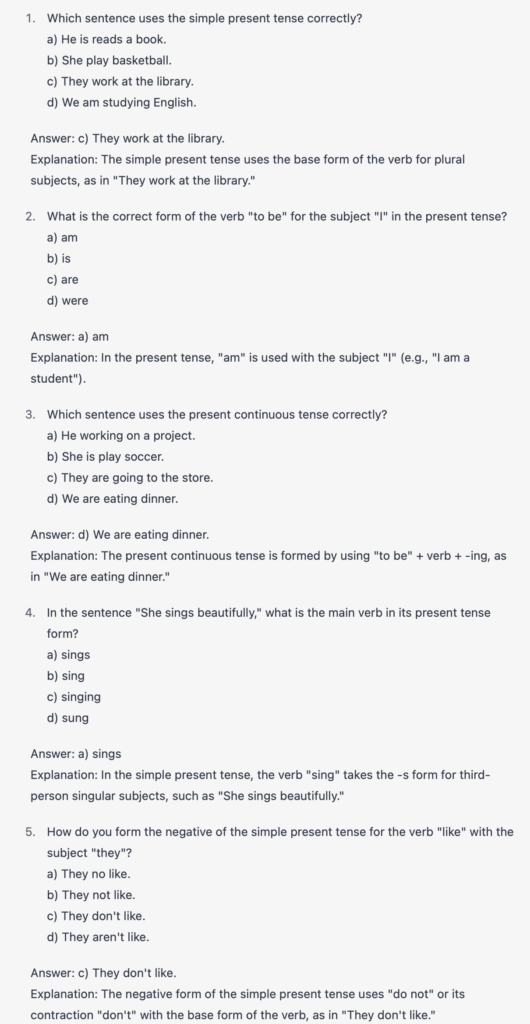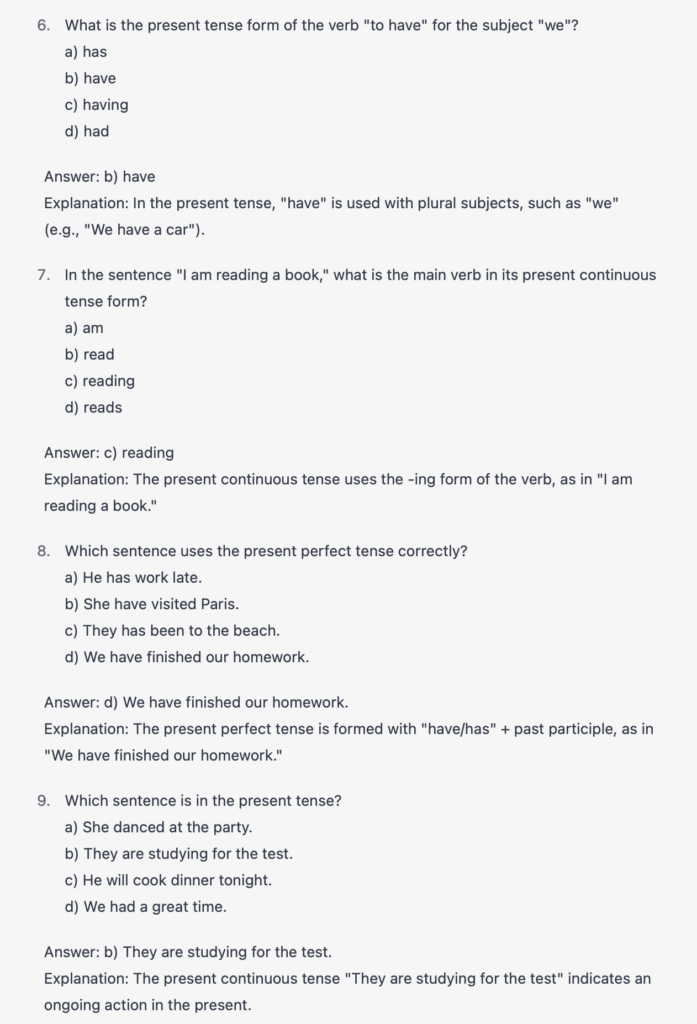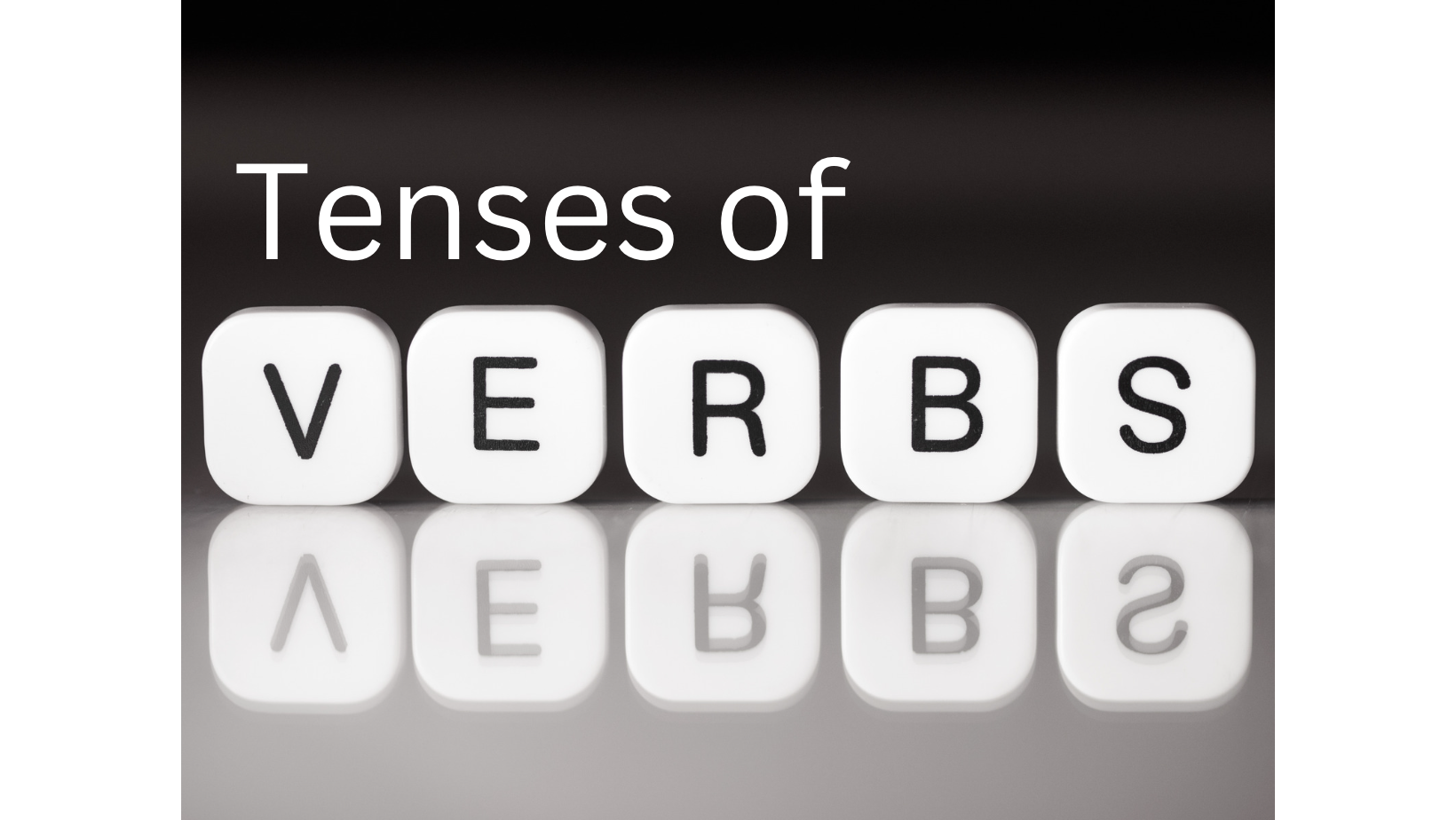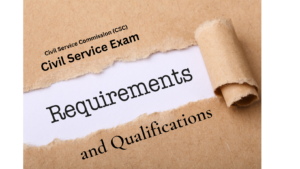Mastering Tenses of Verbs: A Comprehensive Guide to Verb Usage in English
Verb tenses are essential to English grammar, enabling clear and accurate communication. This article explores the various tenses of verbs and provides guidelines on their proper usage.
Subheading: The Three Main Tenses of Verbs
English verbs have three main tenses, each expressing a specific time frame:
- Past Tense: The past tense indicates actions or events that have already occurred. Examples of past tense verbs include “walked,” “sang,” and “learned.”
- Present Tense: The present tense denotes actions or events happening now or habits and general truths. Examples include “walk,” “sing,” and “learn.”
- Future Tense: The future tense signifies actions or events that will happen later. Examples include “will walk,” “will sing,” and “will learn.”
The Four Aspects of Verb Tenses
Each main tense has four aspects, which help convey the precise nature of an action or event:
- Simple: The simple aspect expresses a single, complete action or a general fact. Examples include “I walked,” “I walk,” and “I will walk.”
- Continuous (Progressive): The continuous aspect denotes ongoing actions or events. Examples include “I was walking,” “I am walking,” and “I will be walking.”
- Perfect: The perfect aspect indicates completed actions or events related to another point in time. Examples include “I had walked,” “I have walked,” and “I will have walked.”
- Perfect Continuous (Progressive): The perfect continuous aspect describes ongoing actions or events that began in the past and continue up to a specific point in time. Examples include “I had been walking,” “I have been walking,” and “I will have been walking.”
Using Verb Tenses Accurately and Effectively
To master verb tenses, consider the following tips:
- Consistency: Maintain consistency in tense usage within sentences and paragraphs, unless a deliberate shift is necessary to convey a change in time frame.
- Clarity: Choose the appropriate tense and aspect to clearly convey your intended meaning.
- Context: Consider the context in which you’re communicating, and adjust your verb tense usage accordingly.
- Practice: Regularly practice using verb tenses through reading, writing, speaking, and listening to improve your skills and confidence.
Enhance Your Language Skills by Mastering Verb Tenses
Understanding and using verb tenses effectively are crucial for clear and accurate communication in English. By familiarizing yourself with the different tenses and aspects, you can greatly enhance your language skills and express your thoughts with precision. Don’t forget to follow and like us on Facebook for more tips and resources. Here are some example questions.





